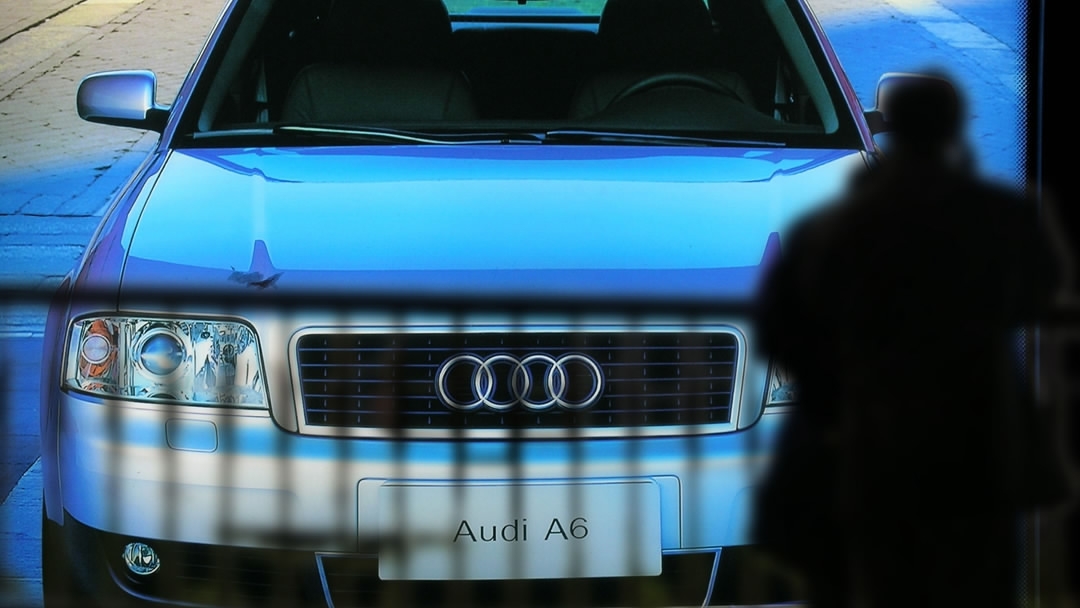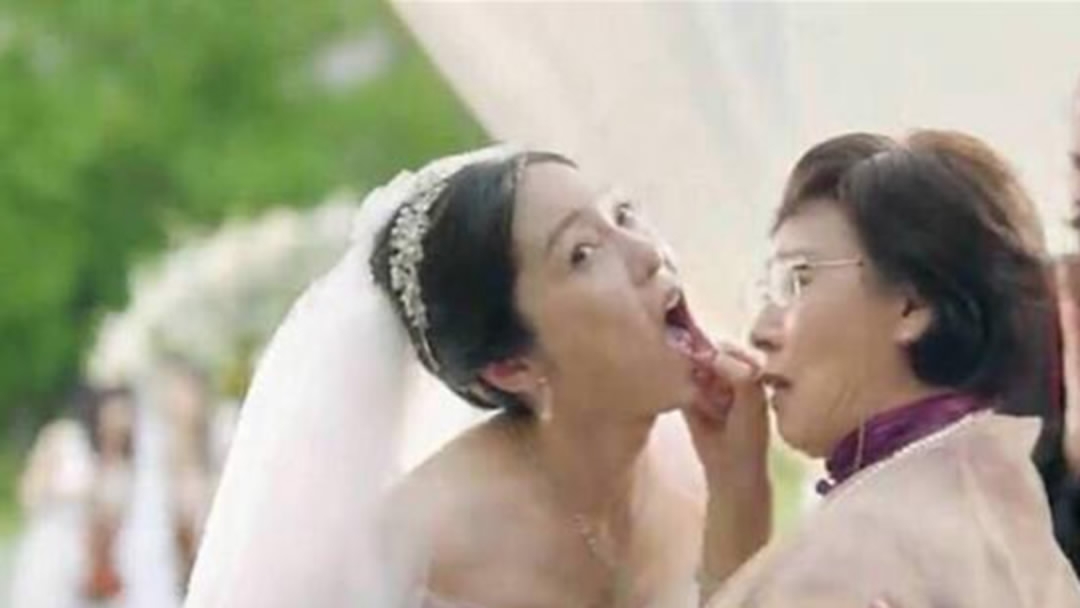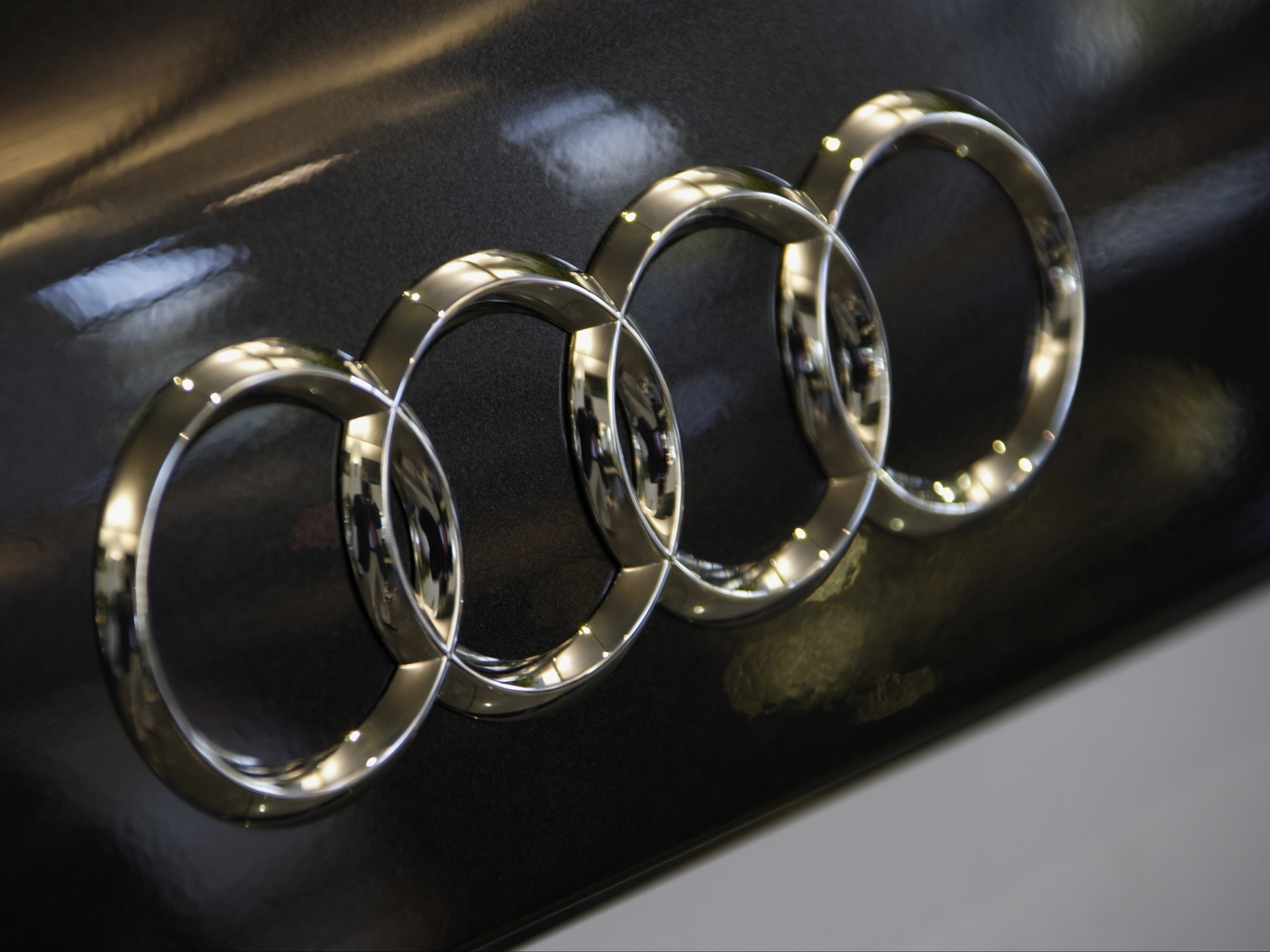
China
13:14, 19-Jul-2017
Audi's secondhand cars commercial in China is a train wreck

Chinese subsidiary of German automaker Audi FAW-Volkswagen has hit a big pothole in China after a recent commercial caused controversy for likening women to merchandise, more specifically used cars.
The 34-second ad, which promotes secondhand cars in China, shows a couple at the wedding altar, about to exchange vows in open air.
They are soon interrupted after the bridegroom's mother walks down the aisle to the platform in haste and starts to curiously inspect her soon to be daughter-in-law. She grabs the nose of the bride then her ears, not minding her son's repeated calls, the bride's cries or the guests' widening eyes, before roughly pinching her lower lip and examining the inside of her mouth.
The son eventually pulls his mother back, before the shot cuts to the old woman giving her thumbs up to the relief of the couple – the bride, we are guided to conclude, has successfully passed the physical checkup, and the pernickety mother-in-law is satisfied.
A voice then announces that "an important decision must be made carefully," and introduces Audi's selection of secondhand quality cars.
The examination of the bride intended to allude to the idea that the German automaker thoroughly checks and carefully inspects its pre-owned vehicles before rolling them out on the market again.
The controversial video has been taken off online as angry complaints continue to pile up.
The firm’s PR department told the Southern Metropolis Daily newspaper on Tuesday that it did receive complaints about the ad and was conducting “internal communication” to assess the situation.

A screenshot from the controversial commercial clip where a mother-in-law is inspecting a bride during the wedding for signs that give away her undergoing plastic surgery.
A screenshot from the controversial commercial clip where a mother-in-law is inspecting a bride during the wedding for signs that give away her undergoing plastic surgery.
The scene the Chinese netizens have found particularly insulting to women involves the groom's mother forcibly yanking open her daughter-in-law’s mouth and peering into it in search for any abnormality.
Angry comments online said the scene “likens woman to a slave or a horse” since rude mouth inspection is reminiscent of practices of “a slave or stock 'owner' (to) check the health of his ‘belongings’”.
Other remarks were concerned with the video’s tone that “reinforces social bias against plastic surgery by equaling a woman who could have gone under the knife to a well-maintained secondhand car.”
The number of people undergoing plastic surgery is on the rise in China, and so are the conservative voices criticizing those who seek to alter their natural state.
Details on the firm’s social media account suggest that the video, the brainchild of PR company Ogilvy China, debuted mid-May. The video was also shown in Chinese theaters, and some of the initial complaints against the footage were made by cinemagoers.

CFP Photo
CFP Photo
The short film is part of a series of ads the carmaker is using to increase the appeal of pre-owned cars in China.
In a similar ad, a man is shown being tested for honesty by his girlfriend with a lie detector. This version is still on the firm’s account on China's Twitter-like Sina Weibo and did not incense the audience as much as the ad currently under fire. However comments under the post have been disabled.
FAW-Volkswagen is a joint venture between China’s state-owned car manufacturer FAW Group and Germany’s Volkswagen Group.
Since its establishment in 1991, the firm has been a key player in China’s luxury car markets, but a recent row between the German headquarters and FAW-Volkswagen distributors over Audi brand partnering with new dealers in China dealt a blow to the brand’s sales in the first half of 2017.
The sales of Audi brand in China during the first six months of the year dropped by around 12.2 percent on annual basis. But the latest data issued by FAW-Volkswagen in June showed the brand’s performance may be back on track with an increase of two percent year-on-year.

SITEMAP
Copyright © 2018 CGTN. Beijing ICP prepared NO.16065310-3
Copyright © 2018 CGTN. Beijing ICP prepared NO.16065310-3